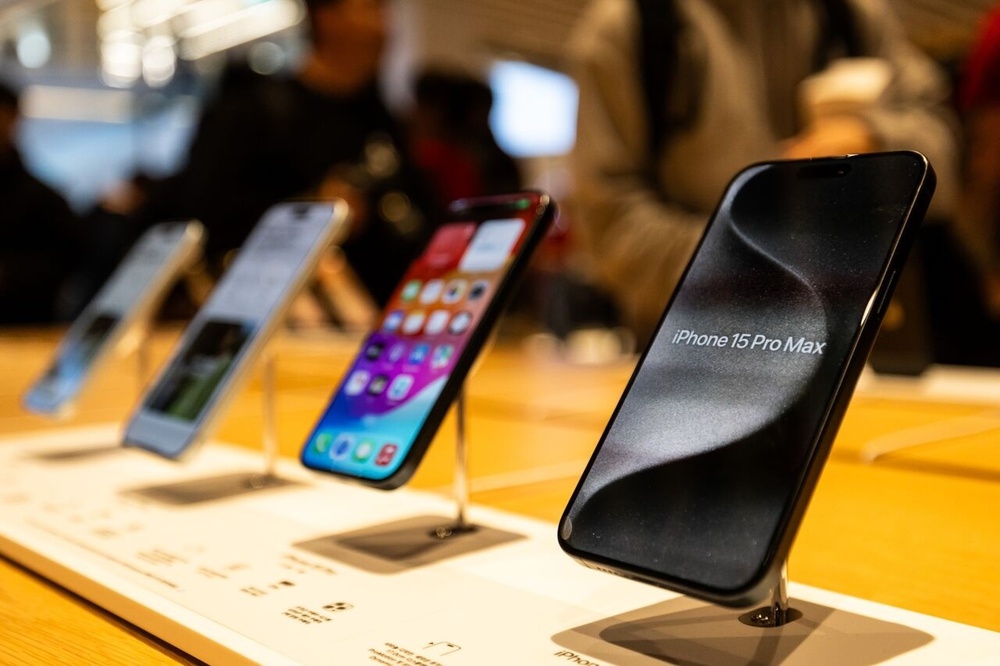Success in the digital payment space will hinge on the ability of new players and incumbents to converge the physical and digital experience into a seamless continuum for the customer. Extending the digital solution to a cash-based customer requires a “phygital” approach, writes Juan Seco, Chief Growth Officer at Mukuru.
Digital wallet use, especially in Africa, makes sense when so many people live in rural areas where there isn’t easy access to another way of accessing money, such as through ATMs. Bank of America predicts that by 2026, digital wallets will be used by more than 5.3-billion people, which is more than 50% of the world’s population. Other estimates suggest this number may even be as high as two-thirds of the world’s population, growth that is being driven by emerging markets, particularly African economies.
Globally, the main driver for digital products was COVID-19, which forced people indoors and encouraged the use of digital products. This, says Bank of America, was particularly prevalent globally among older customers and those who had previously stuck to traditional ways of purchasing goods or banking.
In Africa, the local e-payments market is likely to see revenues gain by around 20% percent a year, according to McKinsey. This means that the market will be worth about $40-billion by 2025. By comparison, the global market is expected to grow at 7% a year over the same time.
However, cash is still king. McKinsey says that while digital is growing rapidly as a payment form, cash is still used for 90% of all transactions on the continent, adding that because cash still dominates, offline channels and large cash network points such as Mukuru’s 320,000 access points where people can interact with cash at a booth or through an agent are still vital.
It is also important to recognise that not having a smartphone or access to 4G shouldn’t be a limiting factor for financial inclusion, which is why making use of USSD and WhatsApp (which consumes less data) is often a critical factor determining whether a financial service provider will be relevant in many African markets.
Convergence and continuum from cash to digital
As eWallets have evolved, they have moved on from being a cash-in and cash-out system to a system that enables and unlocks financial inclusion digitally. The transition happened organically because trust was built over time on the ability to move and store cash seamlessly, making life easier for cash-based customers. As trust grew, more digital financial products have been offered to customers. As customers transact, they build a financial record that can unlock multiple products, as well as access to credit.
At Mukuru, we have remained focused on this layering of services, underpinned by trust and market education. As customers have become more digitally savvy, we were able to offer insurance and then loans, leveraging the customer’s transaction history to assess their credit capacity.
McKinsey calls this Wallet 2.0 and points out that there is now a move to Wallet 3.0, which is an offering that adds in-app shopping.
Mukuru customers can access multiple billers through digital channels, such as airtime, utilities or DSTV, and more services will be added in the future. The objective is to enable the other side of the equation, so to speak, by empowering merchants whose customers have more solutions and options to use their digitally stored money.
In practice, we have found that most merchants still prefer cash due to its immediacy and perceived lower cost of business — they have to pay to accept card or mobile money and sometimes that payment is not received until several days after the transaction.
The International Monetary Fund says that the informal economy is a large part of most economies in sub-Saharan Africa. This sector accounts for between 25% and 65% of GDP, and between 30% and 90% percent of all non-agricultural employment. This situation is not likely to change any time soon and so merchants would do well to offer both digital and cash options, in other words take a phygital approach, to take advantage of the growth opportunity in sub-Saharan Africa.
Transforming a cash-based economy into a digital one requires multiple actors in the economy to act in unison, but when done deliberately, it becomes an extension of people’s natural behaviour, taking them from cashing out transfers to the realisation they can store money digitally, transfer it to another person or seamlessly pay for any goods or services.
However, without understanding that cash still plays an important role in this process, those who only operate in the digital space will be confined to a niche market and be left behind in Africa’s fast-paced digital revolution.




